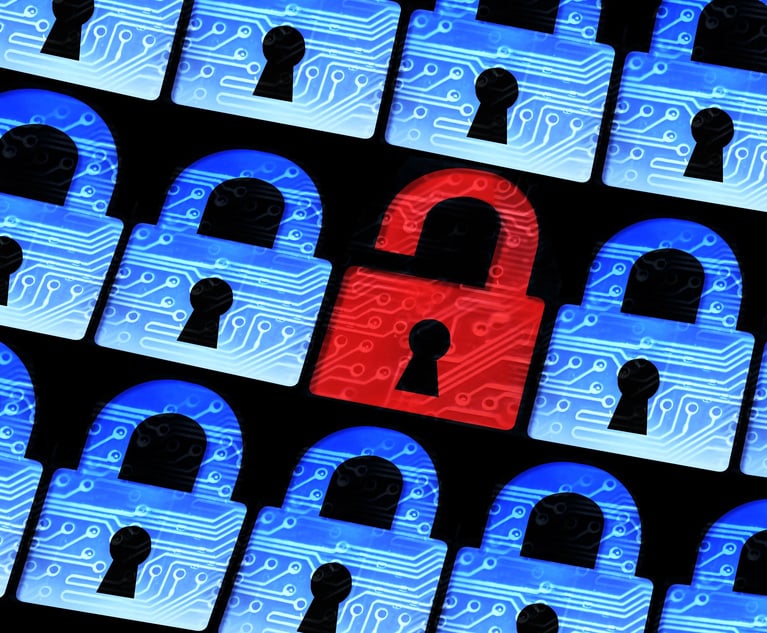As the COVID-19 pandemic begins to subside in our area, employers have shifted their focus to returning employees to the workplace. In making this shift, employers must take steps to create a safe work environment to reduce the risk of transmission of the virus in the workplace, which may involve collecting information from employees regarding their health status and contacts. The collection of this information can raise privacy concerns that may vary based on the nature of the information collected, the manner in which it is collected, and whether and to what extent the information is shared once it is collected. For employers who are weighing the best way to maintain a safe work environment, this article discusses privacy issues associated with various methods of collecting information, and how they may be addressed.
The Collection of Medical Information
Employers looking to reduce the potential for the spread of COVID-19 within the workplace have a number of options. Many have implemented temperature-taking, including on-site scans, as well as reporting of at-home tests. Antibody testing has been lauded as a potential avenue for identifying employees who have already had the virus, with the hope that those employees will have developed immunity to contracting the illness again. Federal, state and local government agencies have been promoting contact-tracing as another method of reducing the potential spread of the disease, by notifying those who have come into contact with individuals who are later diagnosed with COVID-19 in an effort to halt the further spread of the illness. The marketplace has been expanding rapidly, with a number of technologies available to identify workers who may have contracted COVID-19 and trace their contacts in the workplace.


 Risa Boerner, left, and Luke McDaniels, right, of Fisher Phillips.
Risa Boerner, left, and Luke McDaniels, right, of Fisher Phillips.




